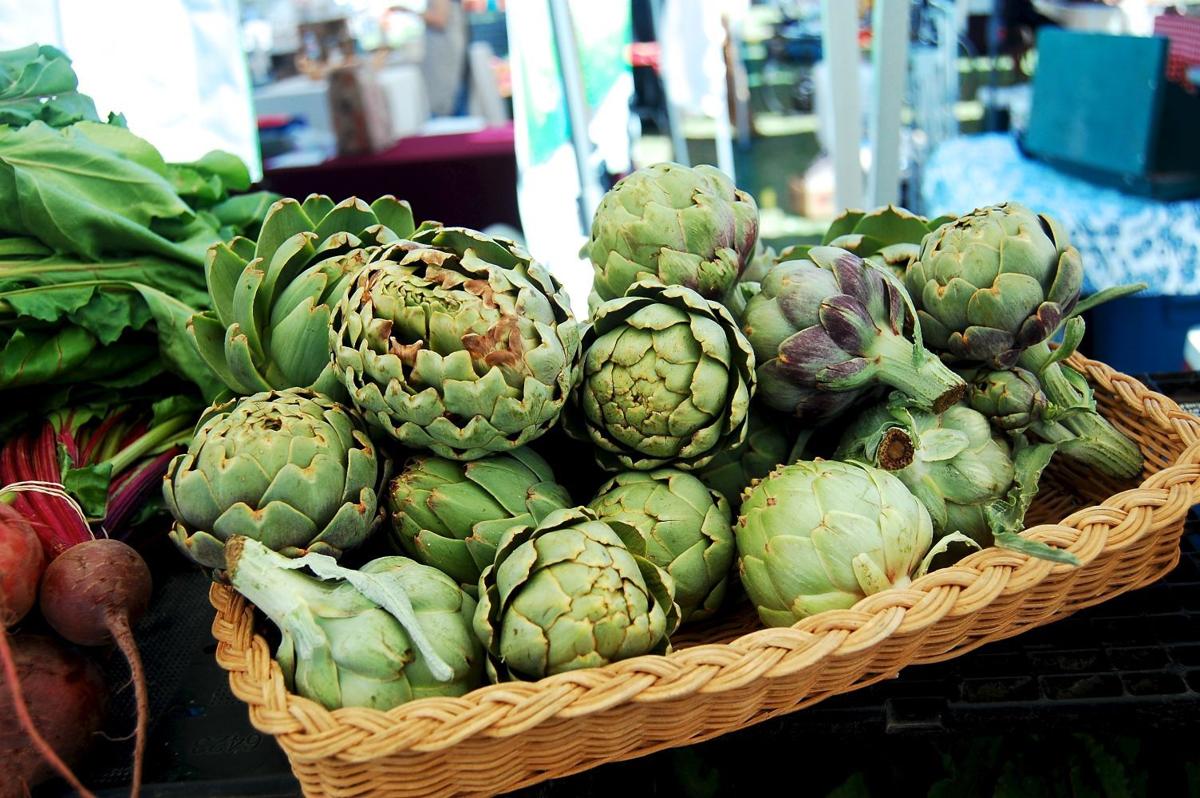Two Pima County projects have received $245,000 in combined grant funding from a Phoenix-based public foundation.
The Vitalyst Health Foundation, focused on improving communities and access to health care, awarded $120,000 to the Pima County Health Department and $125,000 to the Community Food Bank of Southern Arizona.
The Pima County Health Department’s project is a partnership with End Poverty Now program, part of the county’s Community Services, Employment and Training Department.
The partners are launching a series of classes that will bring together volunteers, health care providers and young mothers living in poverty with the goal of improving the health of the mothers and their kids, and making positive changes to the health care system based on participants’ feedback.
“Those of us the system works best for are the ones running the system,” said Bonnie Bazata, program manager for Ending Poverty Now. “We get in our own echo chamber about what’s working, and we fail to see what’s not working for those who don’t have the same resources, whether child care, a car, money or knowledge of how the system works.”
The project is looking for volunteers willing to meet and act as “allies” with participating moms. Six cohorts comprised of eight to 15 women each will meet monthly for a year, starting in July. Interested volunteers or mothers can call Bazata at 724-3704.
The Community Food Bank of Southern Arizona will use its $125,000 over two years to expand its “farm-to-institution” program to hospitals and schools in Cochise County. The program has been operating in Tucson since last year, providing fresh produce to schools in the Tucson Unified School District and local hospitals, said Kara Jones, farmers’ market manager for the food bank.
Sales from farmers’ markets and local grocery stores might not be enough to sustain growers financially, but accessing larger outlets can be a challenge, Jones said. Those markets require “getting a contract with a hospital or a school and having to do the administrative components, figuring out the delivery system and logistics,” she said.
That’s where the food bank, with four decades of experience in food safety, warehousing and delivery logistics, comes in.
The project has a triple benefit, Jones said: it helps small-scale farmers generate income; it brings healthy, responsibly grown produce to people that don’t usually have access to it; and it bolsters the Southern Arizona economy.
The food bank is working with 16 farmers, including Sleeping Frog Farms and Arevalos Farm in Cochise County.





